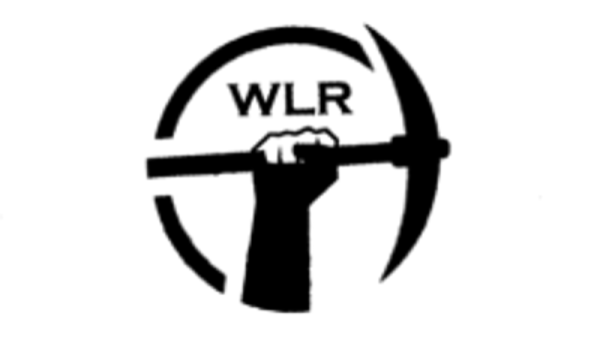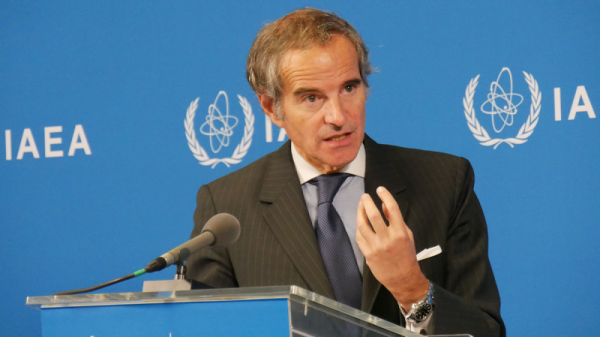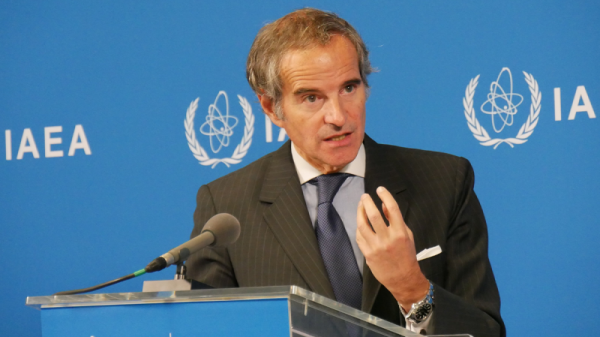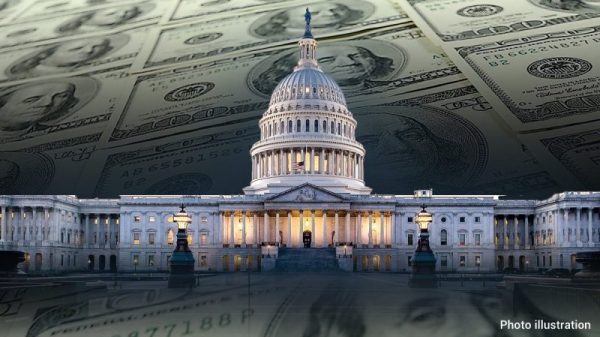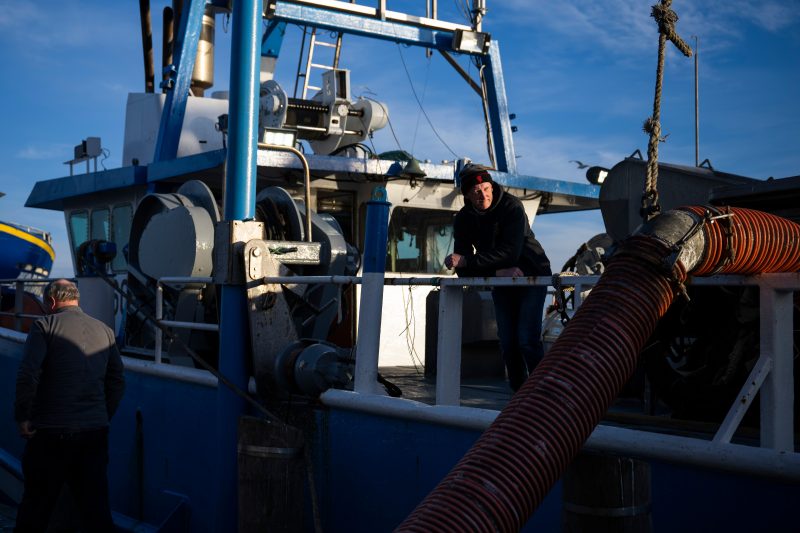A divided Supreme Court debated whether and how to curtail the power of federal agencies Wednesday, with liberals urging the court to defer to the judgment of government experts, and conservatives saying judges should not systematically favor government regulators over private companies, industry or individuals in litigation.
After more than three hours of argument, it was unclear whether the court’s conservative majority would overturn or simply scale back the 40-year-old precedent that is under review in a pair of cases brought by herring fishermen from New Jersey and Rhode Island.
The high court was considering challenges to federal rules requiring commercial fishermen to pay for at-sea monitors. But the court’s decision has the potential to significantly limit the flexibility of federal agencies to regulate vast swaths of American life, including the environment, financial markets, public health and the workplace.
Conservatives have long targeted the framework set in 1984 in Chevron U.S.A. v. Natural Resources Defense Council because it requires judges to defer to the reasonable interpretation by federal agency officials charged with administering ambiguous federal laws.
On Wednesday, Justices Brett M. Kavanaugh and Neil M. Gorsuch, both nominees of President Donald Trump, took turns peppering the Biden administration with skeptical questions as Solicitor General Elizabeth B. Prelogar defended the Trump administration initiative — and the long-standing Chevron precedent.
Kavanaugh said Chevron has allowed federal agencies to flip-flop and impose different rules each time a new administration takes over, leaving judges with little choice but defer to the changing interpretations of agency officials.
“You say don’t overrule Chevron because it would be a shock to the system, but the reality of how this works is Chevron itself ushers in shocks to the system every four or eight years when a new administration comes in, whether it’s communications law or securities law or competition law or environmental law,” he told Prelogar.
Gorsuch, who has previously called for overturning the precedent, suggested judges should not abdicate their responsibility to interpret the law and “say automatically whatever the agency says, wins.”
The court’s three liberal justices — Sonia Sotomayor, Elena Kagan and Ketanji Brown Jackson — expressed concern about shifting power to unelected judges to make technical and scientific policy decisions when laws passed by Congress are not crystal clear.
Jackson said she is worried about “courts becoming uber-legislators.”
“My concern is that if we take away something like Chevron, the court will then suddenly become a policymaker by majority rule or not, making policy determinations,” she said.
Whether the court ultimately decides to toss one of the most-cited legal precedents seemed likely turn on Chief Justice John G. Roberts Jr. and Justice Amy Coney Barrett, whose questions Wednesday did not clearly telegraph their positions.
While many lower courts rely on Chevron, the Supreme Court has been less likely to do so as it moved to the right in recent years, with the addition of three justices nominated by Trump.
Roberts alluded to that reality on Wednesday, suggesting the court had already overruled Chevron in practice. But he has also said justices should be constrained by stare decisis, the doctrine of abiding by past decisions.
Barrett asked whether overturning a foundational decision such as Chevron would open the door to undoing other past rulings.
“Isn’t it inviting a flood of litigation even if for the moment those holdings stay intact?” she asked one of the lawyers for the fishermen.
The cases brought by Atlantic herring fishermen are backed by conservative legal organizations — the Cause of Action Institute and the New Civil Liberties Alliance — that have received millions of dollars from the Koch network, founded by billionaire industrialist Charles Koch and his late brother, David Koch.
Opponents of Chevron say the framework unfairly tips the scales in favor of government agencies in litigation challenging burdensome regulations. They say it is unconstitutional to require judges to systematically defer to one powerful party — government agencies — over any other.
Attorney Roman Martinez, representing the Rhode Island fishermen, said that courts should not be forced to adopt “inferior agency constructions that are issued for political or policy reasons” and that directing courts to do so prevents judges from applying their best independent judgment.
Supporters of Chevron, including environmental groups and labor and civil rights organizations, say Congress often writes broad statutes to give government experts leeway to address emerging complex problems. Overturning or scaling back one of the nation’s most cited legal precedents, they say, will hamstring federal agencies and shift power to the courts and Congress.
While the Supreme Court justices have not invoked Chevron since 2016, lower courts have relied on the framework in tens of thousands of cases evaluating federal rules and orders.
Prelogar, representing the Biden administration, urged the justices to clarify the limits of Chevron rather than overturn the decision altogether.
“Congress, agencies, states, regulated parties and the American public have all relied on Chevron and the regulations upheld under it to make important decisions that could be upended by overruling that framework,” she said.
Through hypothetical questions, Kagan asked whether courts or agency officials with experience and expertise should determine, for instance, whether a new product promoting healthy cholesterol is a dietary supplement or a drug, or how best to regulate artificial intelligence.
“Does the Congress want this Court to decide those questions, policy-laden questions, of artificial intelligence?” Kagan asked. “We don’t even know what the questions are about AI, let alone the answers to them.”
In response, Martinez said Congress can delegate some policymaking discretion to agencies, “but once the law is written and the interpretive function has begun, then that job is for the courts.”
“Does anyone really think that Congress was presuming that the agency would get to decide the question of who pays for the monitors?” he asked as some of the herring fishermen watched from the back of the courtroom.
The fishermen are challenging a Trump administration program requiring them to pay for monitors aboard their vessels to inspect operations and track fishing limits during certain trips. The National Marine Fisheries Service interpreted a statute passed in 1976 as giving the government the power to pass on the cost of the monitors to the fishermen.
Fishermen from New Jersey and Rhode Island filed nearly identical lawsuits asserting that the Magnuson-Stevens Act does not directly authorize the government to force them to pay for the $700-a-day monitors.
In both cases, federal courts of appeal applied Chevron and deferred to the government’s interpretation of the statute. The fishermen then appealed to the Supreme Court.
The industry-funded monitoring program was short-lived, ending last year because of lack of sufficient funding. The fishermen were reimbursed for all costs.
Paul Clement, a former solicitor general representing the New Jersey fishermen, said the framework Chevron set for courts to evaluate agency action is unworkable. Agencies have no authority, he said, beyond what Congress has specified. Clement disputed the premise that when a statute is ambiguous or silent, Congress wants agencies to fill in the gaps.
“Ambiguity is not always a delegation. And more often, what ambiguity is, I don’t have enough votes in Congress to make it clear, so I’m going to leave it ambiguous,” he said.
In an echo of her past dissents when the court has overturned precedent, Kagan warned Wednesday about the implications for the court’s legitimacy if it tears up Chevron and shifts more power to the courts.
“You’re saying blow up one doctrine of humility, blow up another doctrine of humility, and then expect anybody to think that the courts are acting like courts,” Kagan said in an exchange with Clement.
“One lesson of humility,” Gorsuch said a few moments later, “is admit when you’re wrong.”
The cases are Loper Bright Enterprises v. Raimondo and Relentless, Inc. v. Department of Commerce.

